Trolls inMy Garden
SOCIO 11 WFU
Beatriz De Leon Pineda
There are a few weeks left before second semester is officially over, and that could only mean one thing: UPD USC Elections. This yearly school event has always been one of the most awaited ones in the UP Community because more than it being the official avenue to elect student leaders for the USC, ito rin ang commencement ng yearly bardagulan ng two university-wide political parties in the university, STAND UP and UP ALYANSA. (Sorry, KAISA UP. Magparamdam muna kayo and try again next time. Yes I am saying this to my own political party). Relevant ang USC elections sa akin dahil bilang estudyante ng UP ay mahalaga ang magkaroon ng USC sa nirerepresenta ang sangkaestudyantehan, lalo na at ang USC ang nangunguna sa pag-forward ng mga panawagan namin. Subalit, extra special at extra relevant ang USC elections this year dahil ako mismo ay tumakbo as an independent USC Councilor.

GoodbyeZoom-to-Zoom, helloroom-to-room!
For the first time in more than two years, we are back with face-to-face campaigning. Good bye Zoom-to-Zoom, hello room-to-room! Hello rin pala sa black propaganda in the form of posters na nakapaskil sa mga waiting sheds around UP. However, kahit na face-to-face na ang campaigning, social media was still a very big factor in the overall dynamics of this year’s elections. Social media became a space for students to express their thoughts on the recently concluded elections, give comments on the candidates, argue on stances, and even start campaigns (e.g., abstain campaign).

Reddit Twitter Anon Accounts
However, social media also provided an avenue for the rise of anonymous accounts. Mostly seen on Reddit and Twitter, these accounts often spread or reveal negative things about a candidate. These “negative things” are often in the form of leaks (e.g., a candidate apparently having plans of leaving their local political party to run under a university-wide political party, another candidate attending an official school event drunk, while being the head of the event on top of that); and discussion threads to further amplify the dialogue and discussion (e.g., if the independent councilor candidates were really independent, na kesyo hugas kamay lang daw ang ginawa ng mga kandidatong kumalas sa STAND UP).
Now, the question that poses us is what we should label these anonymous accounts? Dahil ba anonymous sila ay matatawag natin silang online political trolls? They do employ negative campaigning tactics because it is evident in their posts that they have the intention to tarnish a candidate’s reputation, or at least change the prevailing idea about the said candidate. These are also circulated online, mostly Reddit and Twitter. And ultimately, hindi rin naman imposible that a number of these accounts ay ginawa primarily as “black propaganda” and not really to promote public engagement and participation. And although wala naman akong natanggap na “black prop” directed to me ay sinabihan pa rin ako not to engage with these. “Do not feed the trolls,” ika nga.

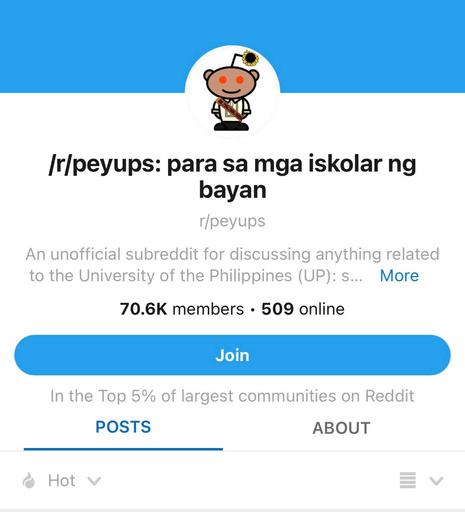
Can they be characterized by “deception, provocation, and futile conversation,” as stated by Cabañes and Cornelio (2017)? They may provoke concerned students, but for the some parts, hindi naman disinformation ang nilalabas ng mga accounts na ito; rather, ang mga ito ay personal sentiments and if leaks, mga resibo. At hindi rin naman futile ang pakikipag-engage dito; in fact, ay mas lumalawak pa ang dialogue.
...deception, provocation,and futileconversation..."
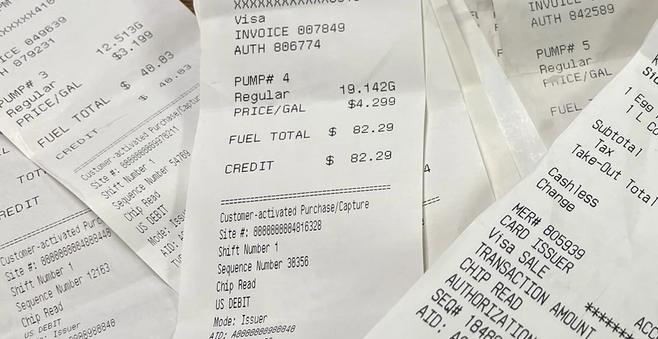
"
twooppositeendsofthespectrum
The way I see it, para lang itong situation noong 2016 elections, kung saan may two opposite ends of the spectrum sa “online political troll.” On one end, may mga accounts na ginawa talaga by rivaling campaign teams (hindi na new information ito) primarily to target their opponents this campaign kasi bahagi ito ng campaign strategy nila. Mayroon din namang anonymous accounts handled by individuals na may mga sariling sentimyento, at nais lang nila ilahad ito Cabañes & Cornelio, 2017) .
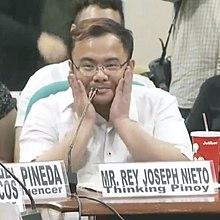
Trolls. Disregard? Expose. Discuss.
Madaling i-label ang mga ito as “trolls” because they hide behind the shield of anonymity, at puro negative na lang ang lumalabas sa kanila. At dahil “trolls” sila kuno, ang immediate response dito ay i-disregard and move on. But whether regardless of what kind of “troll” they fall on the spectrum, we cannot fully invalidate these accounts, or the whole concept of anonymous accounts because it is also through anonymous accounts na na-expose ang sexual harassment cases in organizations at fraternity-related violence ng mga fraternities; na kung wala ang mga ito ay baka hanggang ngayon ay nakabaon pa rin ito, far away from public scrutiny. Even if it may seem outlandish to be engaging with someone (or something?) we do not even know kung sino o ano ba talaga sila, kung anong itsura nila, kung malapit ba sila sa atin, among many other questions that may rise on who is behind these anonymous accounts, we cannot deny the meaningful discourse that could spring out of them. Kahit ang anonymous accounts ay maaaring may ambag sa mga diskusyon.
Also, hindi ibig sabihin na “anonymous account” ay masama o walang kwento na ito. Sa Twitter ay madami namang anonymous accounts in the form of stan accounts. Ako personally, I hide behind a little Kpop icon in my stan account. Nobody knows who I am, but I have had a number of interactions in that account. The question now is why do people hide behind anonymous accounts, and how can we still engage in a healthy and fruitful discussion with them kahit anonymous accounts sila.
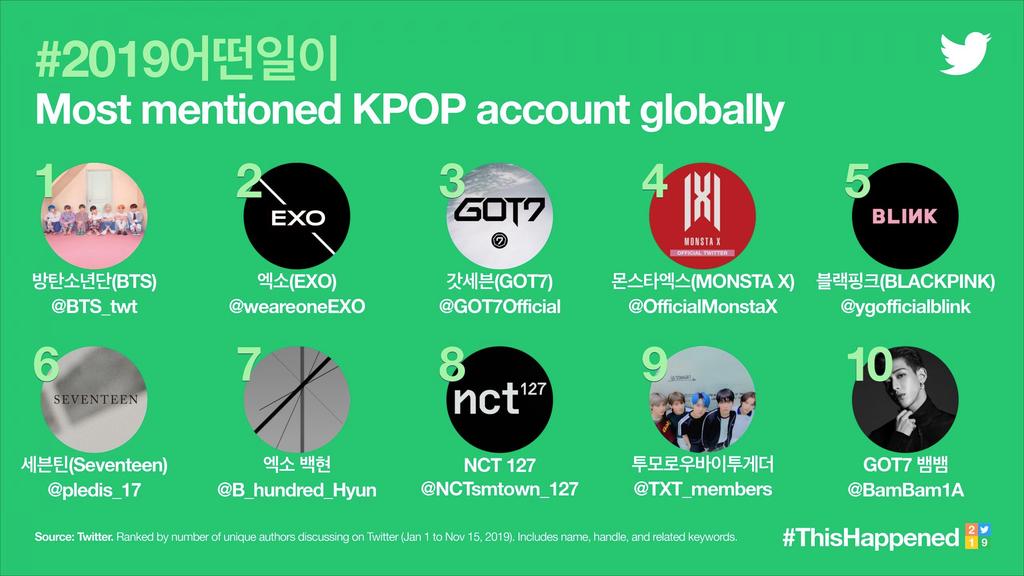
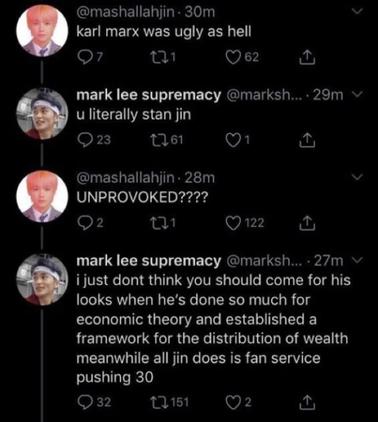
Righttodissent
Noong lumabas ang mga anonymous accounts na ito, although wala namang direktang umatake sa akin, ang payo ng mga mas nakatatanda ay huwag na lang sila pansinin. Admittedly, wala akong ginawa to address the issue. (Ang hindi pagpansin ay considered as doing something?). Honestly, I believe this is the best (or at least the most feasible) course of action. Social media, and the digital world in general, is so overwhelmingly vast that these anonymous accounts seemed so out of reach. Every single thing that exists in this space is made up of pixels, intangible and can be created (and destroyed) in a single click. Preventing or trying to stop these anonymous accounts is almost impossible. And frankly, doing so is like depriving them of their right to dissent. Furthermore, it only promotes censorship, at parang wala na tayong pinagbago sa mga diktador.
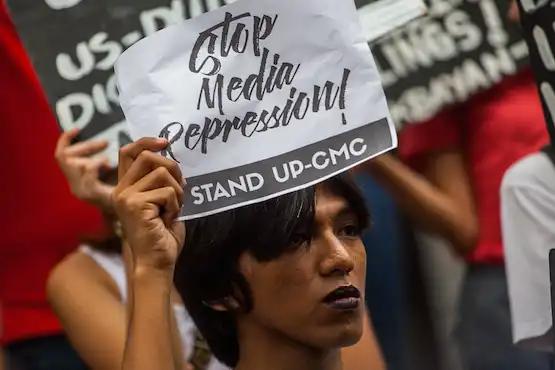
Bilang indibidwal, may responsibilidad pa rin na gamitin ang social media sa tamang paraan: hindi para manlinlang, at hindi para sa pansariling interes; mapa-private, public, o anonymous man. At sa kabuoan, kapag pinagsama-sama ang ating mga individual efforts, ay makakagawa tayo ng isang digital environment na ligtas, bukas, totoo, at mapanghamig imbis na huwad, narrow-minded, at antagonizing. Hindi dapat kinakakatakutan ang social media. Imbis ay dapat tignan at itrato natin ito bilang isang tool na makatutulong sa atin na mas mapadali ang pagconnect sa ibang tao, kasama na ang mga anonymous accounts.
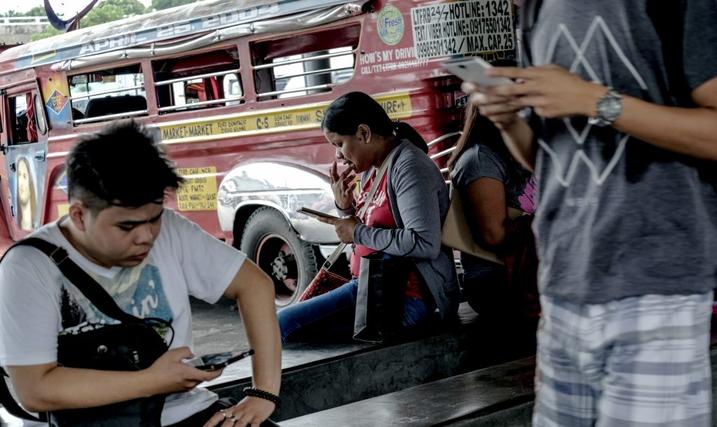 ligtas,totoo,bukas,mapanghamig
ligtas,totoo,bukas,mapanghamig
The struggle for truth
Hindi naman maikukumpara ang lawak at gravity ng isyu ng anonymous accounts sa UP sa mga anonymous accounts in the national level, lalo na noong election season. Actually, kung ikukumpara ang dalawa, walang wala ang UP election season dito. However, the struggle for truth remains the same, wherever we are. And if we want to start somewhere, we can start where are right now. And right now, I am in UP. Ang pagbabago naman ay hindi nakakamit agad. Ito ay ang araw-araw na pakikibaka sa mga immediate spaces natin, kasama ang malalapit sa atin.
...remains the same, wherever we are.
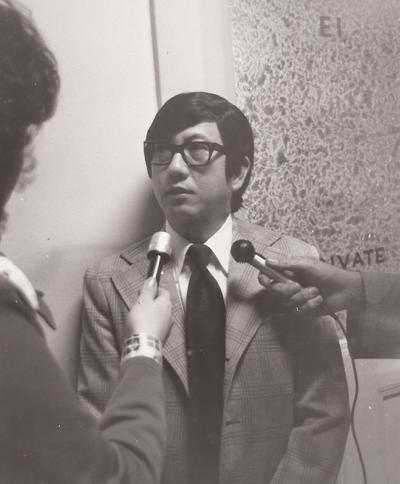
Reference:
Cabañes, J., & Cornelio, J. (2017). The rise of trolls in the Philippines (and what we can do about it). A Duterte reader: Critical essays on the early presidency of Rodrigo Duterte, 233-252.
Trolls inMy Garden
SOCIO 11 WFU
Beatriz De Leon Pineda










 ligtas,totoo,bukas,mapanghamig
ligtas,totoo,bukas,mapanghamig









